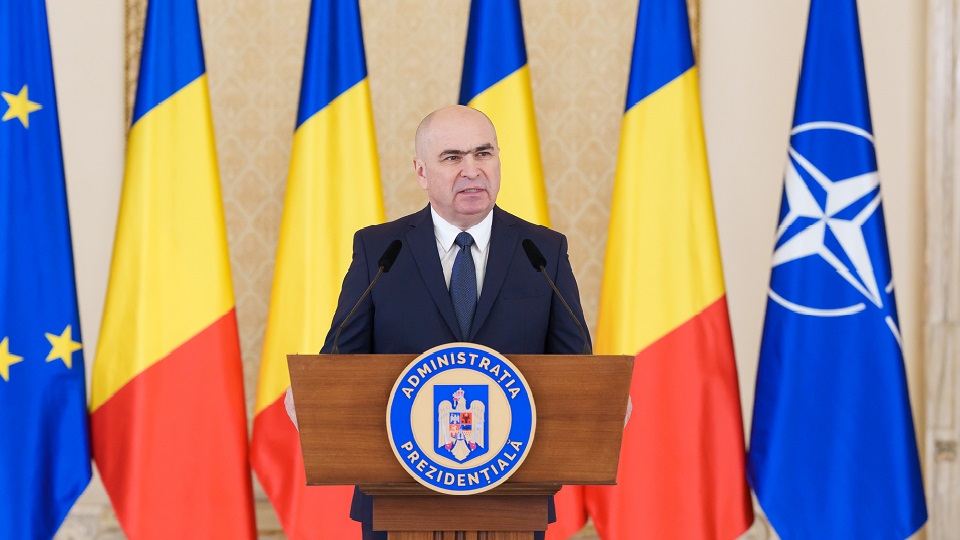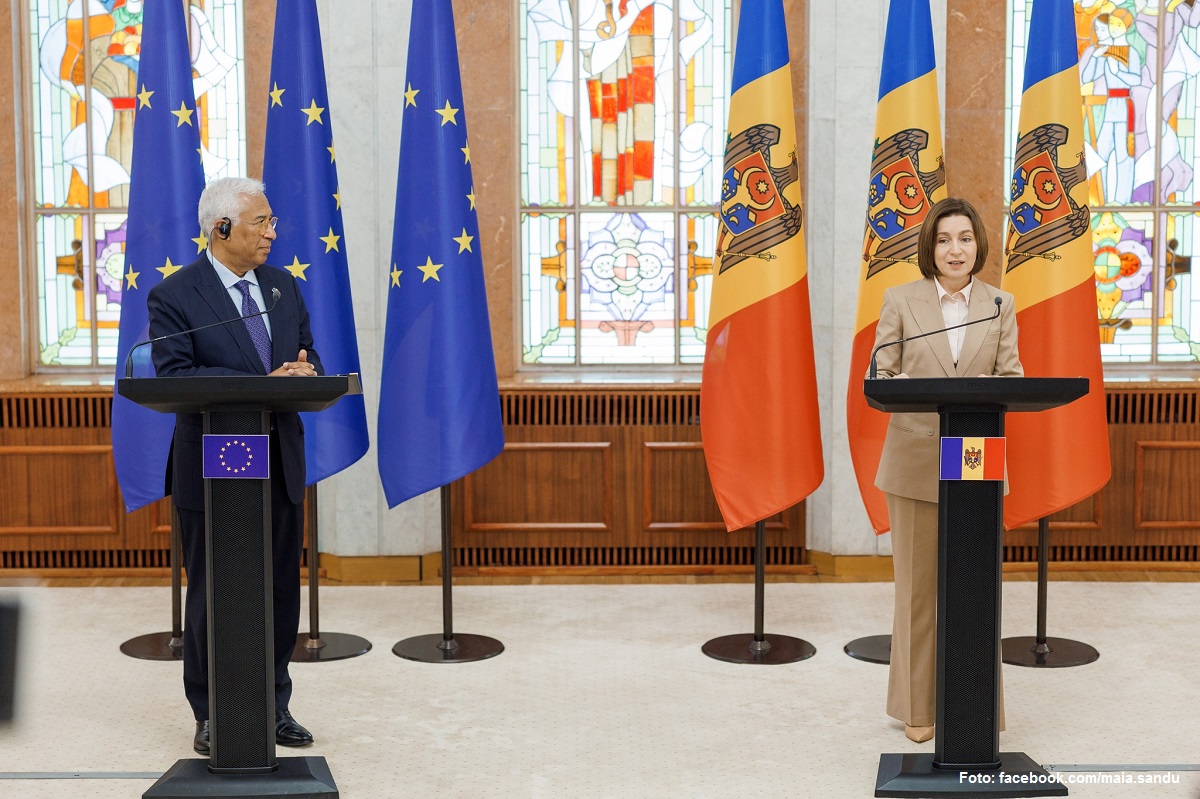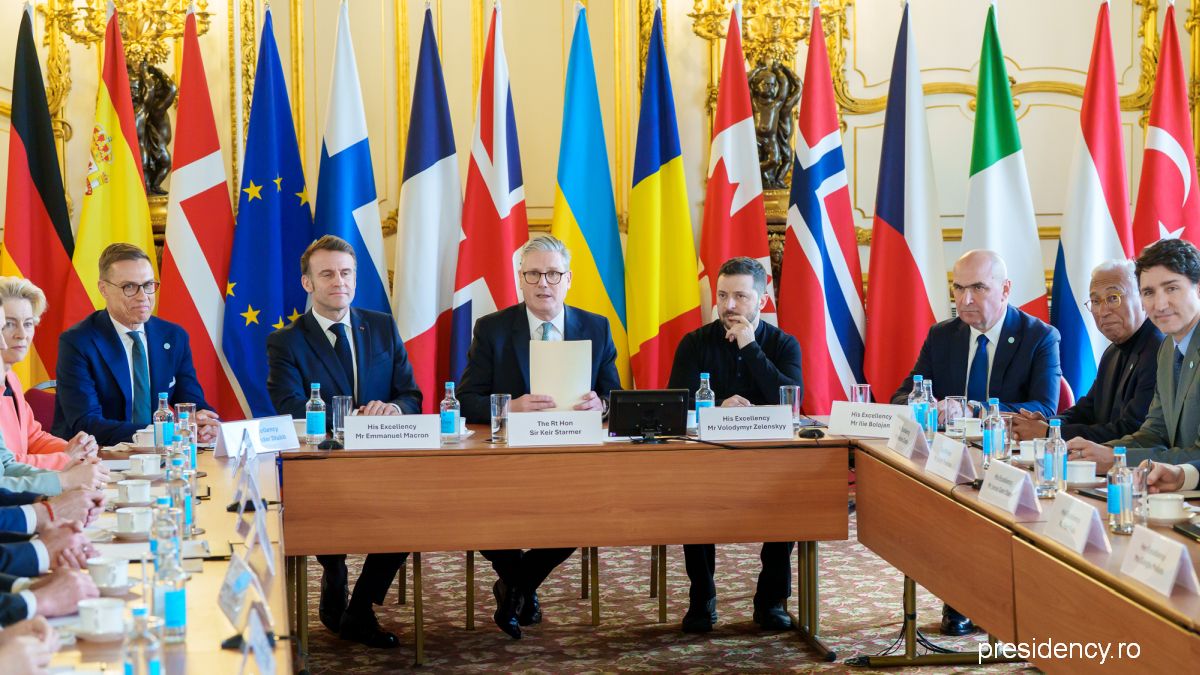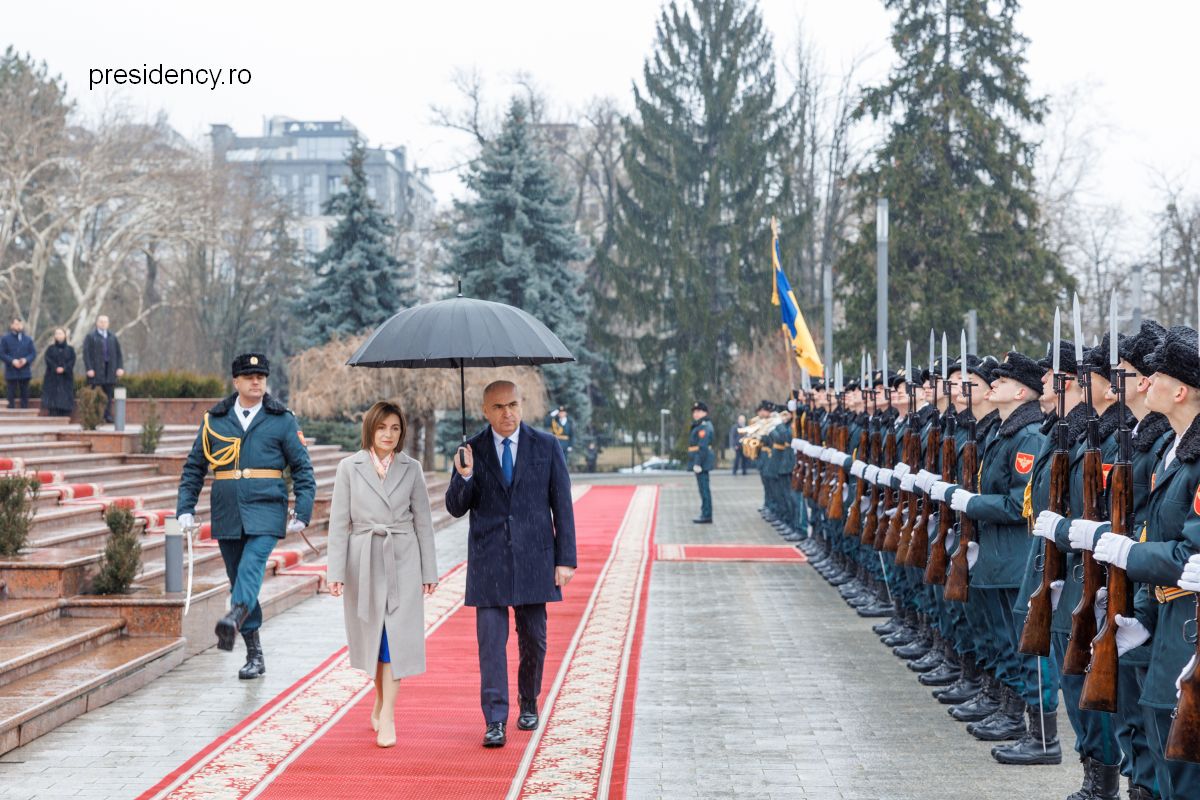Frozen Conflicts Back in the Spotlight
The dramatic turn of events in Crimea, with Russia bringing troops into a foreign country, against international norms, could not go unnoticed in the Republic of Moldova. Especially now, when the small state, with a majority Romanian speaking population, commemorates 22 years since the start of an armed conflict in the break-away Transdniester, in the east of the Republic of Moldova.
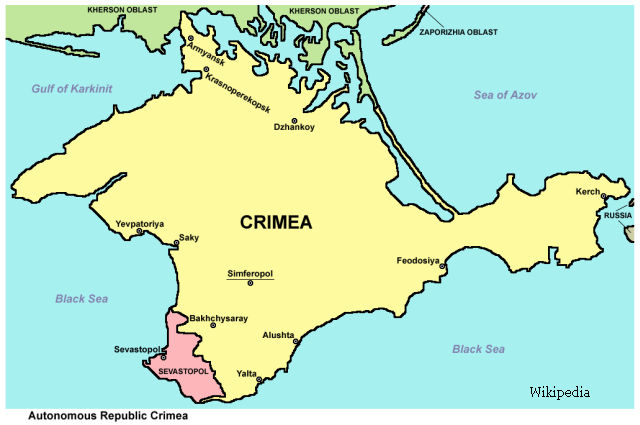
Ştefan Stoica, 03.03.2014, 14:05
The dramatic turn of events in Crimea, with Russia bringing troops into a foreign country, against international norms, could not go unnoticed in the Republic of Moldova. Especially now, when the small state, with a majority Romanian speaking population, commemorates 22 years since the start of an armed conflict in the break-away Transdniester, in the east of the Republic of Moldova.
On Sunday protesters picketed the embassy of Russia and denounced the military action in Crimea, calling on Russia to pull out its troops from Transdniester. The protesters noticed the similarity of the 1992 events with those taking place at present in the south of Ukraine. Here is Mihai Ghimpu, head of the Moldovan Liberal Party:
Mihai Ghimpu: “The Russian military intervention in Ukraine, against the Ukrainian people, their brothers, since both the Russians and the Ukrainians are Slavic peoples, once again shows that Russia has remained an imperial state”.
The president of the Republic of Moldova, Nicolae Timofti, and PM Iurie Leanca expressed concern and disagreement with the events in Crimea. Bucharest is also concerned with the developments in Crimea, and fears that the regional instability created by Russia’s intervention might have an impact on Romania too. On short term, these actions are not a direct threat to the country’s security, independence and sovereignty, says the Romanian President Traian Basescu, but he warns that a new frozen conflict in the ex-Soviet area might have medium and long-term consequences for Romania.
Traian Basescu: “Romania warns that the emergence of a new frozen conflict in Crimea, besides those in Nagorno-Karabakh, Abkhazia, Ossetia and Transdniester, might deepen regional instability and implicitly lead to tensions that could spiral into armed conflicts. From this point of view Romania believes its security might be at risk on medium and long-term.”
The Romanian president reiterated Romania’s views that the presence of Russian troops in Ukraine without Kiev’s approval and outside international agreements is an act of aggression against Ukraine. An aggression that Moscow should stop, the Romanian president firmly stated, in line with the firm stands expressed by Romania’s western partners.

